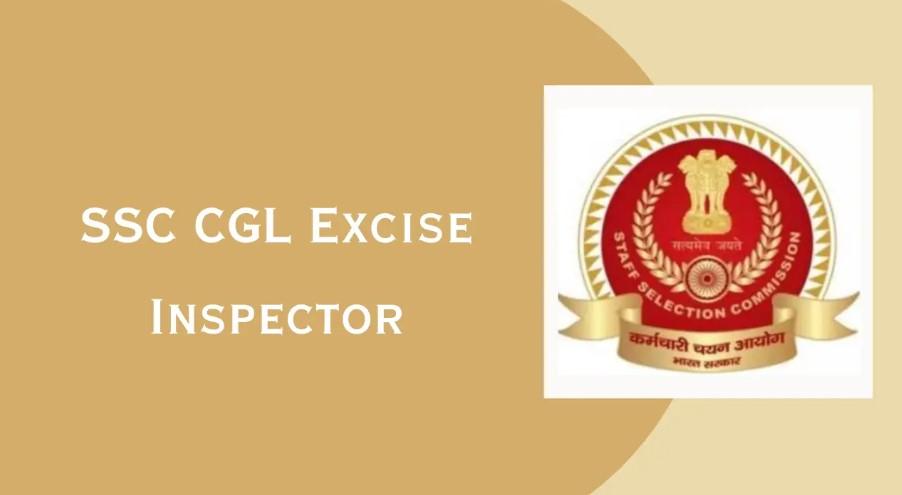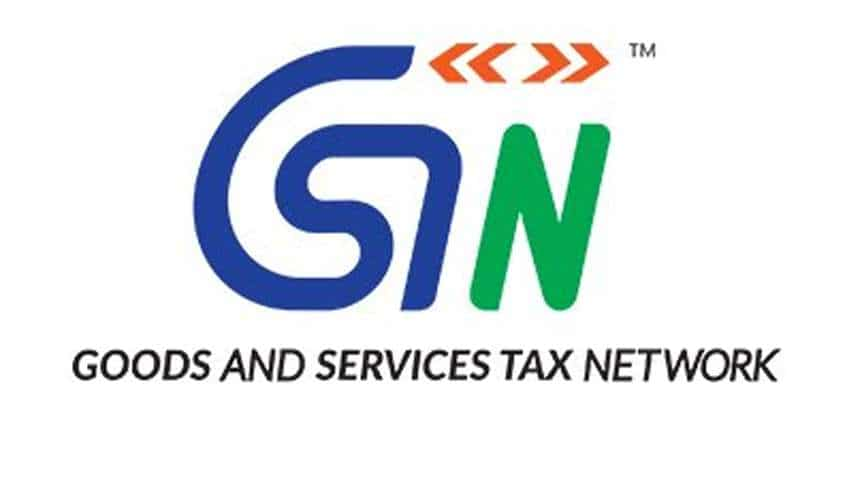Can this West Bengal AAR GST Ruling Can Disrupt Export of Services & Legal Analysis
In case of M/s Global Reach Education Services Pvt Ltd the WEST BENGAL AUTHORITY FOR ADVANCE RULING dated 21st March, 2018has given a ruling that will come as setback to many and can open Tax Issues in BPO, KPO, Outsourcing to Foreign Clients Industry.
Applicant was providing Overseas Education Advisory whereby it promotes the courses of foreign universities among prospective students and wants a ruling on whether the service provided to the Universities abroad is to be considered “export” within the meaning of Section 2(6) of the Integrated Goods and Services Act, 2017, (hereinafter referred to as “the IGST Act”), and, therefore, a zero-rated supply under the CGST / WBGST Act 2017 (hereinafter referred to as “GST Act”).

Applicant was providing the above services to the foreign universities, for which it receives consideration in convertible foreign exchange. The service recipient is located outside India and is not an establishment of a distinct person in accordance with Explanation 1 to section 8 of the IGST Act. In applicant’s view, the place of supply of the services is outside India in terms of section 13(2) of the IGST Act. The supply of services by the applicant should, therefore, be treated as export of service within the meaning of section 2(6) of the IGST Act in view of applicant.
Applicant mentioned that he is provisioning service of promotion of the university courses among the prospective students and receives consideration for it as an independent service provider. In other words, it is not providing any intermediary service.
The place of supply should, therefore, be determined under section 13(2) and not under section 13(8)(b) of the IGST Act. The place of supply should, therefore, be the location of the recipient outside India. This being the case, its service to the foreign universities should be treated as export within the meaning of section 2(6) of the IGST Act
How AAR Saw the Case
Applicant is stated to be engaged in Overseas Education Advisory whereby the various courses of foreign Universities are promoted in India among prospective students. The Applicant has tied up with various Universities all over the world.
These Universities engage entities like the applicant for promotional and marketing activities for promotion of the courses taught by them and making the prospective students aware about the course fee and other associated costs, market intelligence about the latest educational trend in the territory and ensuring payment of the requisite fees to the Universities if the prospective students decide upon pursuing any course promoted by the Applicant. (Author’s Note that this is a Key point of decision by AAR)
The Applicant receives consideration in the form of commission from the foreign University for these services rendered to prospective students. The Applicant, therefore, submits that the principal supply, therefore, is the service of promoting the courses of the Universities abroad, and the services incidental thereto are naturally bundled to the composite supply of business auxiliary services
The Applicant says that the agreements between the Universities abroad and the Applicant clarify that the relationship between them is not one of Principal and Agent.
Agreement Referred started that Under Clause 2 of the Background forming part of the Agreement, it is stated that the University engages Education Agent to be its representative in the territory and on the terms set out in the Agreement.
However, it is clarified under Clause 2.3 (b) that the Education Agent, engaged by the University is an independent contractor, is not an agent of the university. The two clauses are clearly contradictory.
Why Held as Intermediary is because the Essence of Arrangement is that of Principal & Agent
Under Clause 3.1 of the Agreement the Education Agent must promote the courses of the University to find out suitable prospective students and assist in recruitment of students in accordance with the procedures and requirements of the University.
The Education Agent must assist the prospective students with all necessary information and assistance in completing the forms and submitting them to the University. While doing so, the Education Agent must meet the enrolment and other performance targets mutually agreed upon. Clause 4.1 puts the Education Agent under obligation to collect all fees and charges payable from the
prospective students and forward the same to the University and ensure that relevant fees and charges accompany all applications and acceptance of offer documents. The University pays consideration in the form of commission to the Education Agent under Clause 8 read with Schedule I of the Agreement as a percentage of the tuition fee for each student recruited /
enrolled through the Education Agent, provided, the University has received the respective course fees.
It is clear from the above discussion that the main service provided by the applicant is facilitating recruitment of students and the consideration is paid as commission on the basis of course fee and recruitment through the applicant. Promotion of the courses is incidental to the above principal supply.
The Applicant cannot claim any consideration for its promotional activity unless the students get enrolled through it.
Author’s Note
In My View, the judgement is clear and shall not create any confusion. The agreement though suggests that it was Principal to Principal basis, the terns and obligations absolutely clarifies the Agent sought of relationship served by Indian Counterpart and hence held as Intermediary as per IGST liable to GST in India.
By CA Ankit Gulgulia (Jain)
















